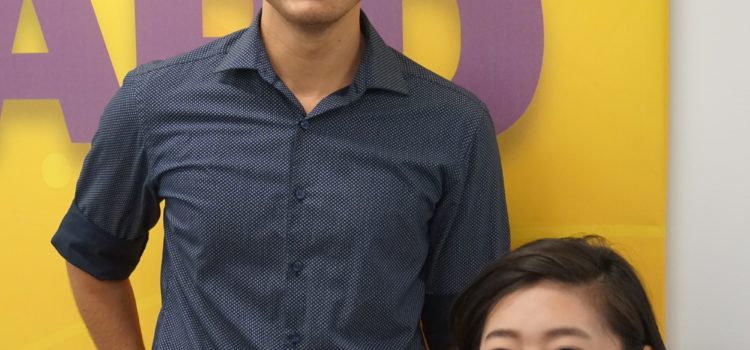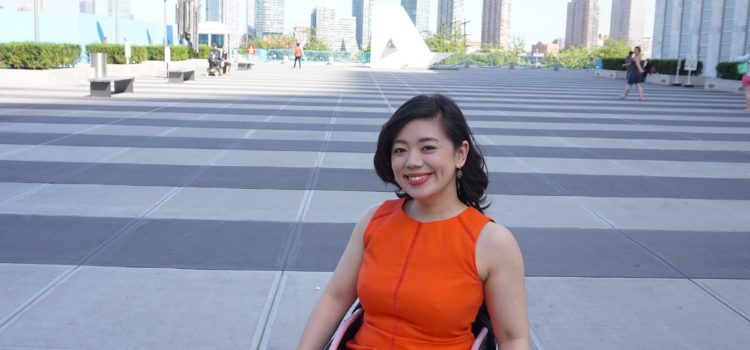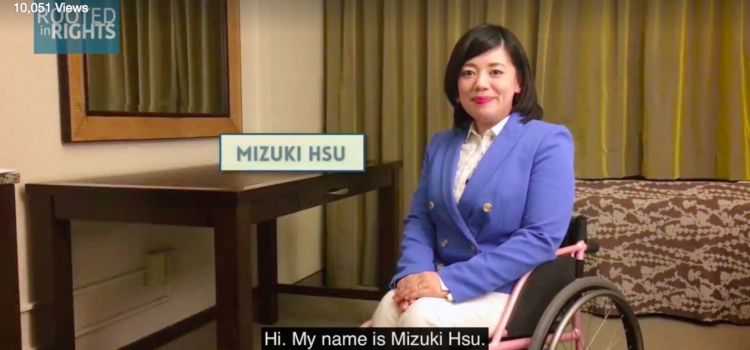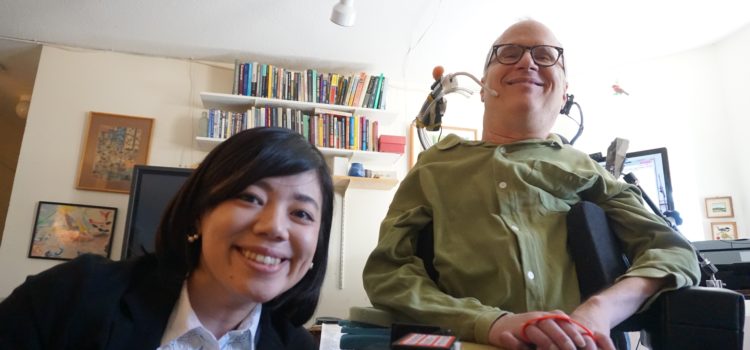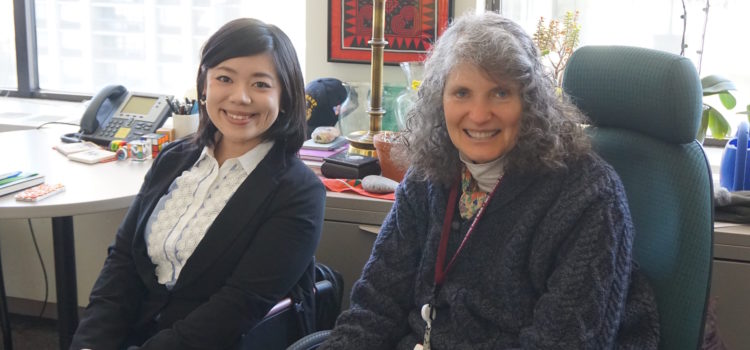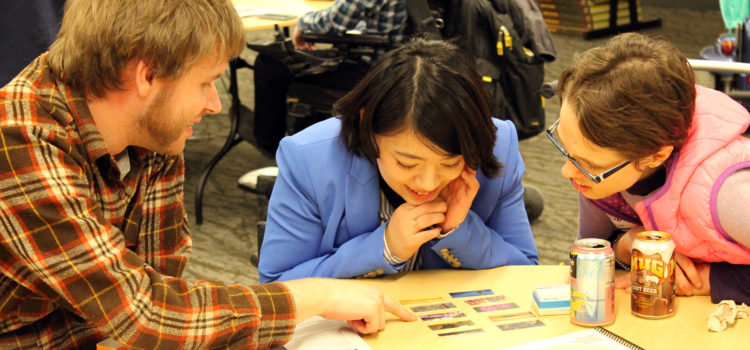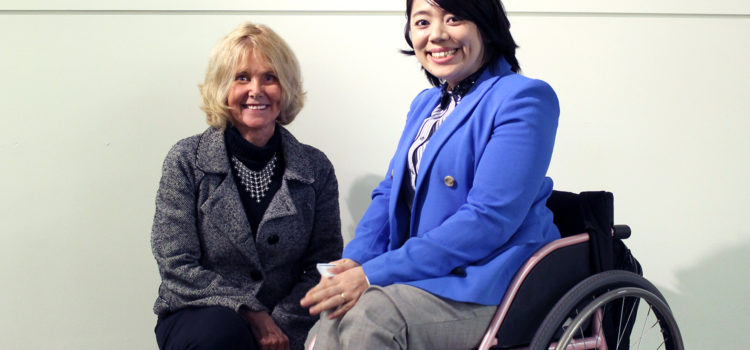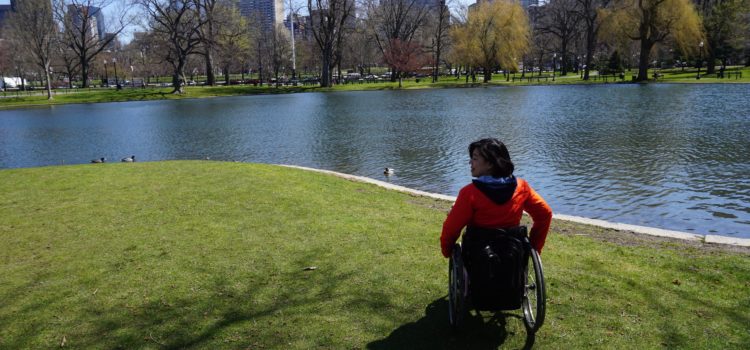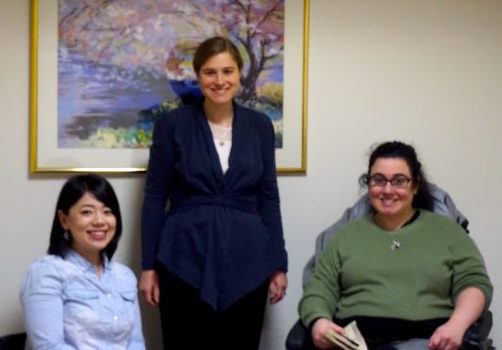In Washington DC, I visited The American Association of People with Disabilities (AAPD) and interviewed Zach Baldwin, Director of Outreach. AAPD has implemented various projects to promote equal opportunity, economic power, independent living, and political participation for people with disabilities. This time I mainly asked about employment-related projects, which is my research focus.
The American Association of People with Disabilities in Washington DC!
